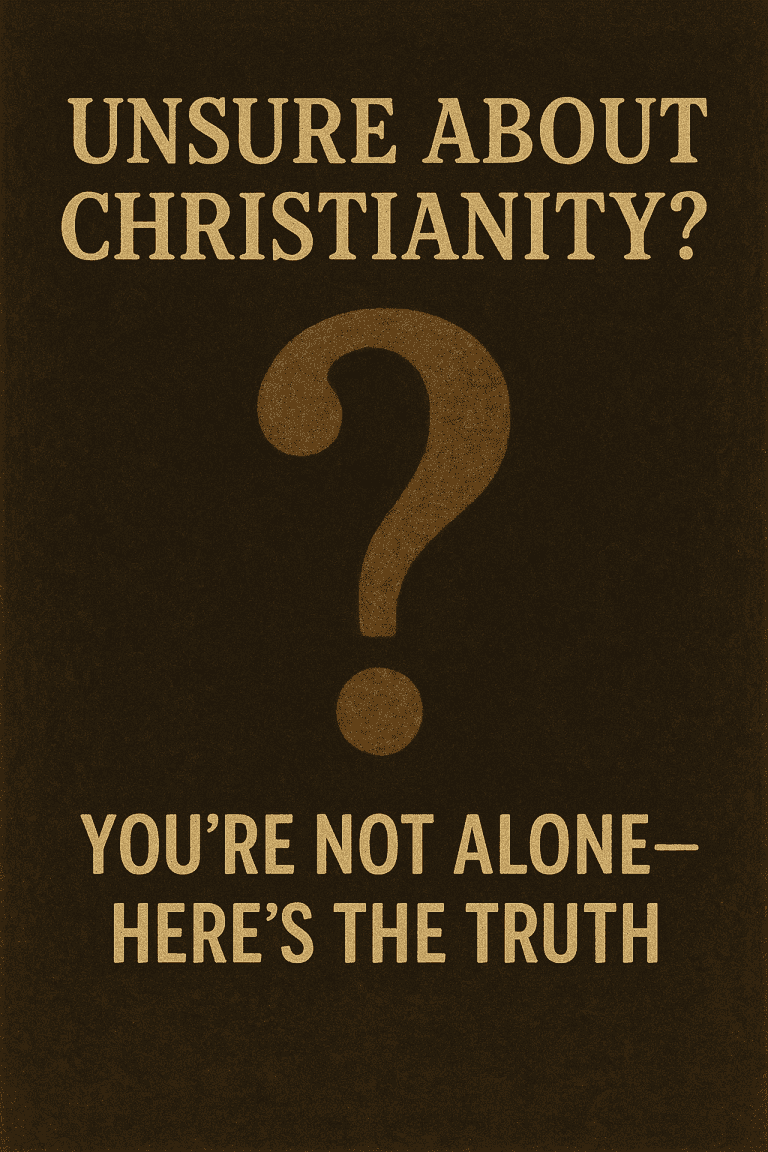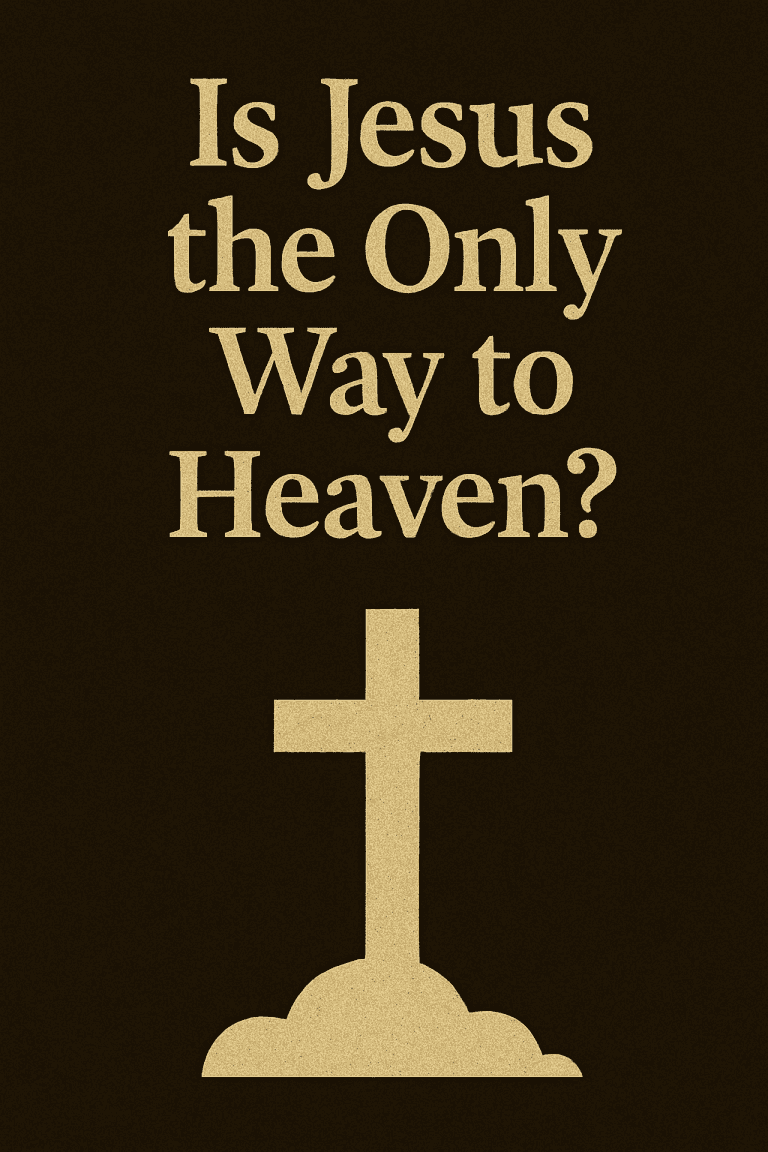Wokeness in the Church: A Furious Rebuke from the Gospel’s Perspective
I am sick of watching the church twist the gospel. The latest obsession is wokeness in the church — leaders parade terms like “whiteness” and “blackness” as though they were biblical categories, then build strategies around them. But the apostles never framed the faith that way. They preached Christ crucified, repentance for sin, and reconciliation through the cross. What we see now is surrender to the world’s vocabulary, not Christian boldness.

So let me be clear. Wokeness in the church is not a tool for ministry. It is not a fresh way of naming sin. It is a counterfeit. It redefines identity, it redefines repentance, and it redefines unity. The longer it sits in a congregation, the more it corrodes everything around it.
What the apostles actually fought about
The early church faced real, gospel-shaking battles:
- Whether Gentiles had to become Jews to be saved.
- Whether the Law could justify anyone after Christ’s coming.
These were issues grounded in theology and salvation, not in social identity categories. The apostles never called believers to manage inherited categories or confessions of identity. They called people to faith in Jesus, repentance from sin, and life together in the family of God.
They did name partiality, hatred, and injustice as sin — but they never rewrote vocabulary to keep Christians on edge. (See Acts 15 for the Jerusalem Council’s decision on Gentile believers.)
Why wokeness in the church is a foreign root
Modern “wokeness” comes from frameworks like critical race theory and intersectionality, which teach that truth is shaped by power and justice is achieved by rearranging identities. Bring that into the church, and the mission shifts.
Wokeness doesn’t stay in the margins. The terms become the framework. What starts as “descriptive” becomes doctrinal. When the church adopts these categories, preaching, worship, discipleship — everything gets reinterpreted through ideology.
The trap of guilt without grace
One of the worst distortions: people are told to repent for belonging to a system or group, not for real, personal sin. They live under a permanent stain, confessing indefinitely but never being freed.
That is not Christianity. The gospel says Christ’s blood cleanses from all sin. There is no condemnation for those in Christ. Wokeness, however, whispers that some identities remain beyond forgiveness.
How identity language splits the body

The gospel builds one family from many nations. It tears down walls of hostility. But wokeness trains us to see each other first through power, history, labels.
Then a disagreement in the pew stops being about interpretation and becomes a moral indictment. Churches fracture when suspicion becomes the default, not grace.
A bad diagnosis guarantees a bad cure
Wokeness diagnoses the problem as “whiteness” or “systemic oppression.” Scripture diagnoses it as sin — personal rebellion, not identity. Sociology alone can’t raise the dead. Only the gospel can.
If you treat systemic injustice as the root, you’ll prescribe social fixes and miss the transformation of the heart.
The best case for it—and why it still fails
Advocates say the church has been blind to racism and needs sharper language. They say whiteness and blackness are descriptive, not doctrinal. They argue that unless we use these words, we cannot see what needs to be repented of.
That sounds reasonable until you see what happens. The descriptive terms become doctrinal standards. The new vocabulary becomes the test of faithfulness. Members are judged not by holiness but by fluency in the script. The gospel of grace is sidelined by a gospel of performance.
The church already has a vocabulary for naming sin. It already has the power to uncover blind spots. Scripture is sufficient. When pastors trade biblical terms for academic ones, they lose the very authority that brings change. That is why the “diagnostic only” argument rings hollow. The tools never stay in the toolbox. They become the manual.
What wokeness does to church life

Preaching becomes about ideological alignment.
Worship and confession shift toward performance.
Pastoral care mutates into identity arbitration.
The Lord’s Table becomes a moment for policing, not grace.
When ideology becomes the lens, the gospel is sidelined—and the church feels hollow no matter how loud the slogans.
A better way to speak of justice and reconciliation
Rejecting wokeness doesn’t deny injustice. It means addressing it in Scripture’s terms: partiality, injustice, abuse. Confess specific sin. Remove those who cover it. Practice reconciliation grounded in Christ.
Use the means God gives: preaching, prayer, sacraments, fellowship. Let every conversation about justice start and end at the cross.
For an internal cross-reference: see Why Do I Keep Sinning?
What pastors need most
Courage. To say “No” when trends demand adaptation. To preach texts no matter the season. To guard the flock from wolves disguised as reformers.
To protect the pulpit, guard the table, and love the flock by pointing them back to Christ.
The test every church must face
When someone enters burdened by sin, what do they hear first?
- A lecture on privilege and confession of identity?
- Or the good news: Christ died for sinners and rose to forgive?
If the latter isn’t first, the church has already lost its way.
Restoration is possible
If your church has drifted, there is a way back.
- Recenter the gospel in sermon after sermon.
- Replace ideological confessions with confession of sin.
- Teach Christ’s vocabulary.
- Pray for unity based on truth, not performance.
- Remove voices demanding endless guilt.
Some will resist. Some will leave. But better to stand on Christ’s truth than lose the church’s witness to ideological drift.
Reject wokeness – return to Christ

The church was never called to manage whiteness vs. blackness as if those were redemptive categories. It was called to proclaim Christ crucified and risen.
Wokeness in the church is a false gospel. It replaces mercy with guilt, reconciliation with suspicion, identity in Christ with identity politics.
Reject it. Preach Scripture’s vocabulary. Repent of real sins. Offer real forgiveness. Pursue justice where needed — but always within the framework of the cross. Because the cross is enough. Always has been. Always will be.
Walt Roderick is a Christian writer who cares more about biblical clarity than online applause. He writes to strengthen believers and confront spiritual drift.






